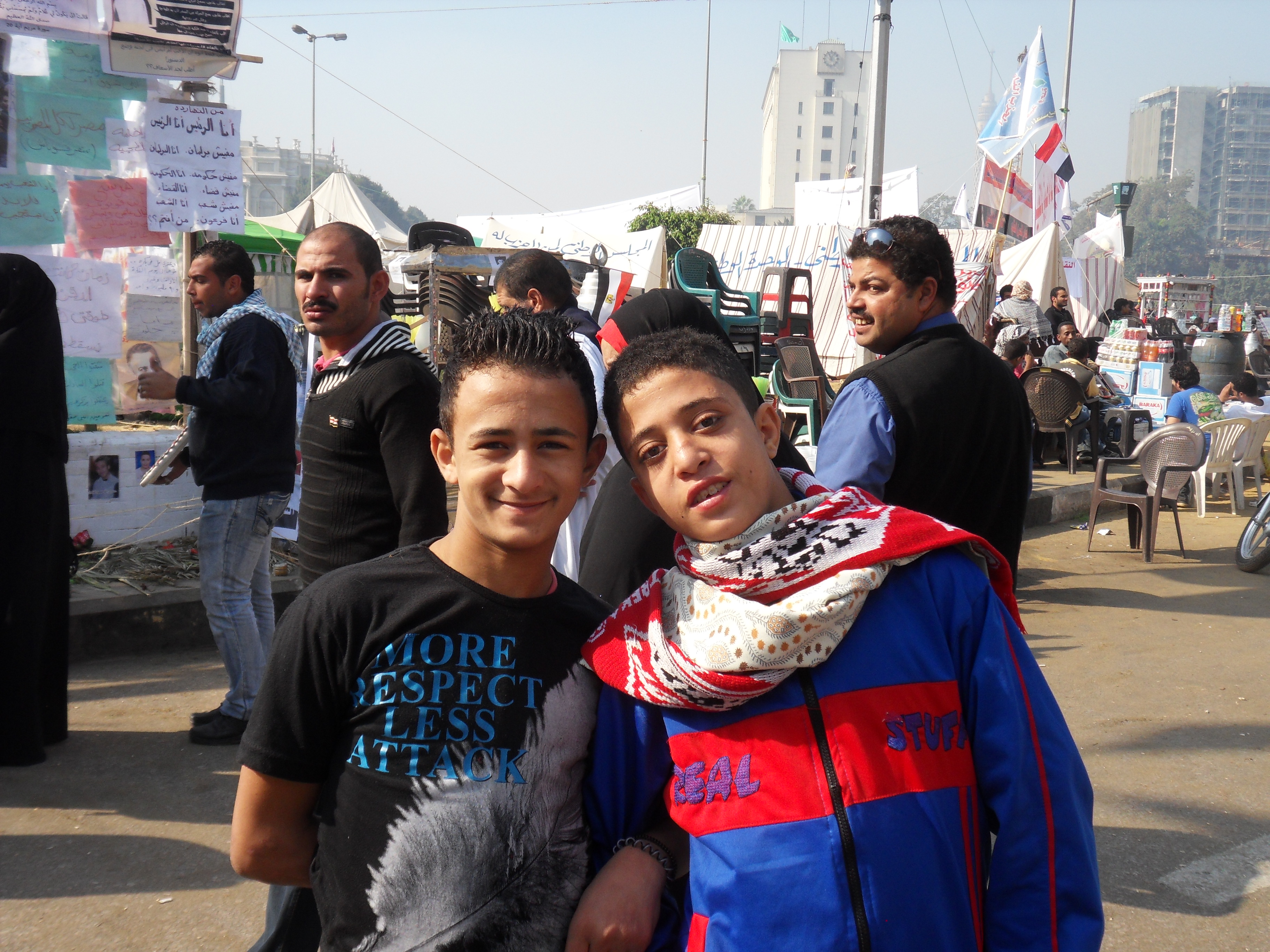“The opposition. They stand in front of the cameras and make strong vows, but never really represent the Egyptian people.” Those were the words of one discontent Egyptian taxi-driver who took part in recent protests against President Morsi and the Muslim Brotherhood. “The opposition has simply become ‘Anti-Morsi’ and nothing more. They have forgotten us.” Over the past few weeks, Egypt has been rocked by a wave of violence. More than 50 have been killed and hundreds injured in protests that rivalled those that brought down Former President Hosni Mubarak on January 25th 2011. The protests – which initially started in early December after the President’s “dictatorial decrees” – temporarily managed to unite Egyptians in ways never seen before. The once divided opposition quickly formed a new bloc consisting of 35 parties – the National Salvation Front (NSF) – with the aims of representing the people’s demands, aspirations, and suffering. Yet, what started off as an opposition bloc that represented the frustrations of the people quickly descended into a bloc that is out of touch with Egypt’s streets. As protests escalated and violence flared, the NSF seemed unable to divert the anger…



